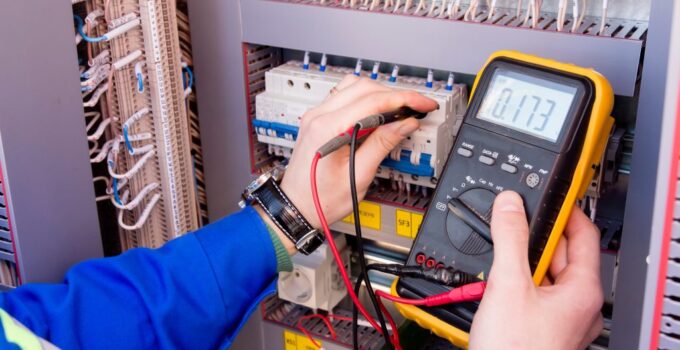Many people lose their lives to electrical injuries every year. It is a hazard that could kill a person, permanently injure them, and lead to property destruction. But if the owner takes appropriate safeguards, such accidents could be avoided or controlled to a significant extent to decrease the associated threat.
Every year, businesses should conduct safety checks by adopting unique work practices. Only qualified personnel should be hired to work with wires, and employees should be given proper training relating to handling them. In this article, we’ll discuss the yearly safety checks businesses must do to keep themselves and everyone safe from hazards because electric injuries can be fatal.
Teach How to Use Electronic Equipment
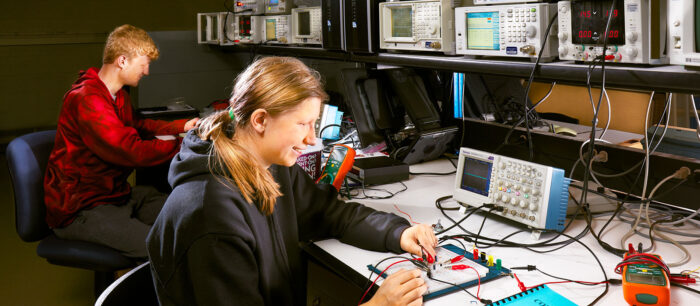
Source: pinterest.com
Knowing how to use electrical machinery ensures the security of workers in a workplace setting. Here are a few points employees should keep in mind when handling electric cords:
- Never fasten the cables with a stapler.
- Never hold electronic items from cables.
- Never overstretch or squeeze the cables.
- Don’t leave trailing cables on the floor.
- Unplug cables by removing the plug head.
If you carry out upkeep work overhead, watch out for the electronic lines. It is so because, in most companies, live electric machinery and parts above the ground are only reachable by elevated platforms. If that is the case where you work, always use a compact ladder with non-conductive railings. Also, maintain a distance of at least 10 ft from the exposed lines to ensure security.
A business owner should hire a professional to visually check the cables and plugs for exterior faults every year to ensure everyone’s protection. They will also conduct a thorough PAT Testing of portable electrical equipment, including heavy plant and fixed appliances, for utmost safety.
Install Fences Around Electrical Accidents
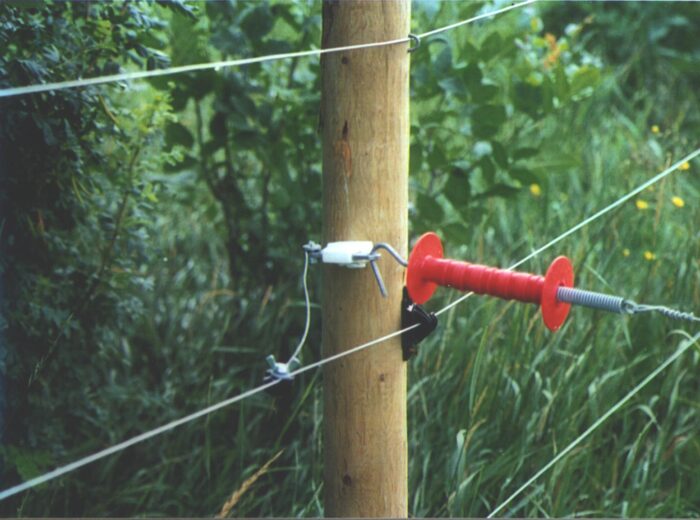
Source: cnn.com
Verbally telling the operators not to wander or work around an electrical threat is not enough because people tend to forget things. Everyone is busy with their task in the workplace. So, instead of consistently informing the workers about the same, do it once and establish barriers near it to assure everyone’s security.
An employer should always close the gates on panels and ensure the panels are hole-free because a worker can come into touch with uncovered cables. But sometimes, it is impossible to close the cabinets and a hazard. During such situations, the best thing to level up protection is to use shields, barriers, and insulating materials around the area. It will help deter others from penetrating the space while maintenance work is carried out.
Ensure the Availability of Enough Sockets
A business must ensure enough sockets for the machinery in the working space. If adequate sockets are installed, ensure the outlets are not overburdened with the help of unfused adapters to avoid causing fires. If sufficient sockets are not there, hire a professional to ensure no socket is overburdened because sometimes, overloading causes fires.
Before hiring a professional to conduct the electrical work, ensure they possess good aptitudes, education, and practice because performing with an amateur could backfire. Before using any electronic equipment, ensure it is convenient and lasts for a long time by carrying out yearly checkups. If at any point it seems to be defective, stop using it and have it analyzed by a professional.
Cautiously Work with Flammable Substances
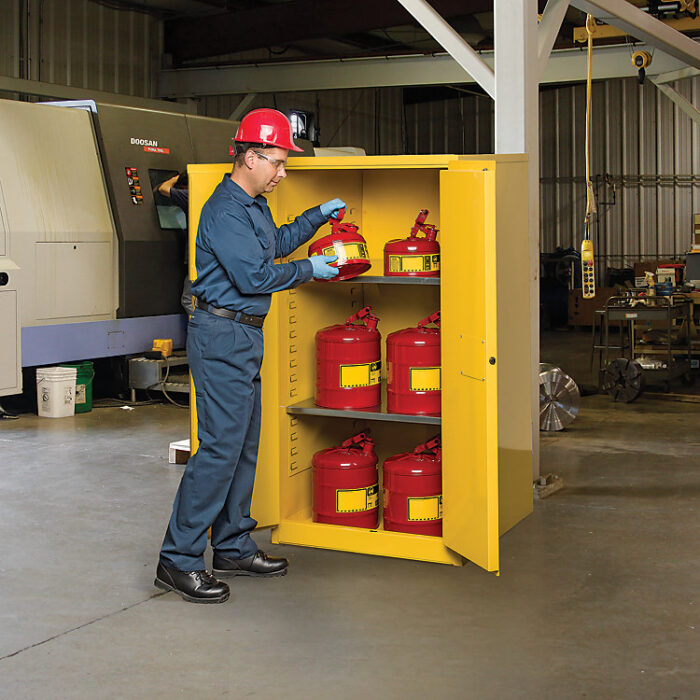
Source: freepik.com
If you are operating close to an area where an electrical menace took place, the first thing to do is shift your stuff to another location, somewhere safe. Then put on your safety gear and assume the electronic parts are still live. Keeping that in mind, you should never use conductive materials around it.
Keep in mind that some cleaning materials are conductive, requiring additional caution. So, use them with caution around hazardous areas or never at all. Metalized fabric, steel wood, and water-based and solvent-scrubbing items are electrically conductive. So, keep these conductive devices distant from live wires and equipment.
Always keeps the electrical material causing ignition away from explosive vapors, smoke, or dirt unless handled by a competent electrician who knows how to isolate the energy sources according to the condition.
De-energize Electricals & Put Lockout Tags
Before functioning on or close to live and exposed gear, they must be de-energized. Doing so helps avoid casualties and separates electrical energy by sealing off the machinery parts, adhering to the organization’s policy.
Using lockout tags near hazardous sites is one of the easiest ways businesses can ensure security checks. It also helps control the workers from threats during service and upkeep work. If you are operating outdoors or in a damp or enclosed space, use an RCD (Residual Current Device) between the electricity supply and the machinery for utmost safety.
Avoid Contact with Live Electrical Current
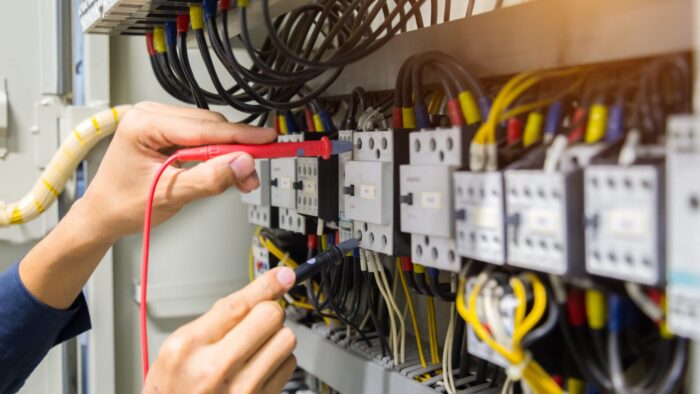
Source: pinterest.com
Coming in contact with live electrical currents can be a dangerous situation for any person. It is one of the most common electrical hazards in a business setting, which can be easily avoided by informing unqualified personnel to stay away from hazards over 50V. But if they are working in the same room as the hazard or where a tool is operating on over 50V, they should be asked to maintain a safe distance from it.
Besides, before beginning operations, every business must keep the panel doors tightly shut and wires unexposed near the work area.
Parting Words
We hope this article will educate employers and employees about the dangers of working in a hazardous electrical environment. Business owners can make their workspace more comfortable and safe for everyone by following the tips listed above. It will help keep the workforce safe from hazards, including electric shocks, burns, fires, and explosions that could impair a person for life.
Besides the tips listed above, the business owner should thoroughly assess potential electrical hazards by considering who could be harmed by them, the level of risk, and what precautions can be taken to control them. They must also ensure the electrical equipment is used in appropriate settings in an appropriate environment for an appropriate purpose.

